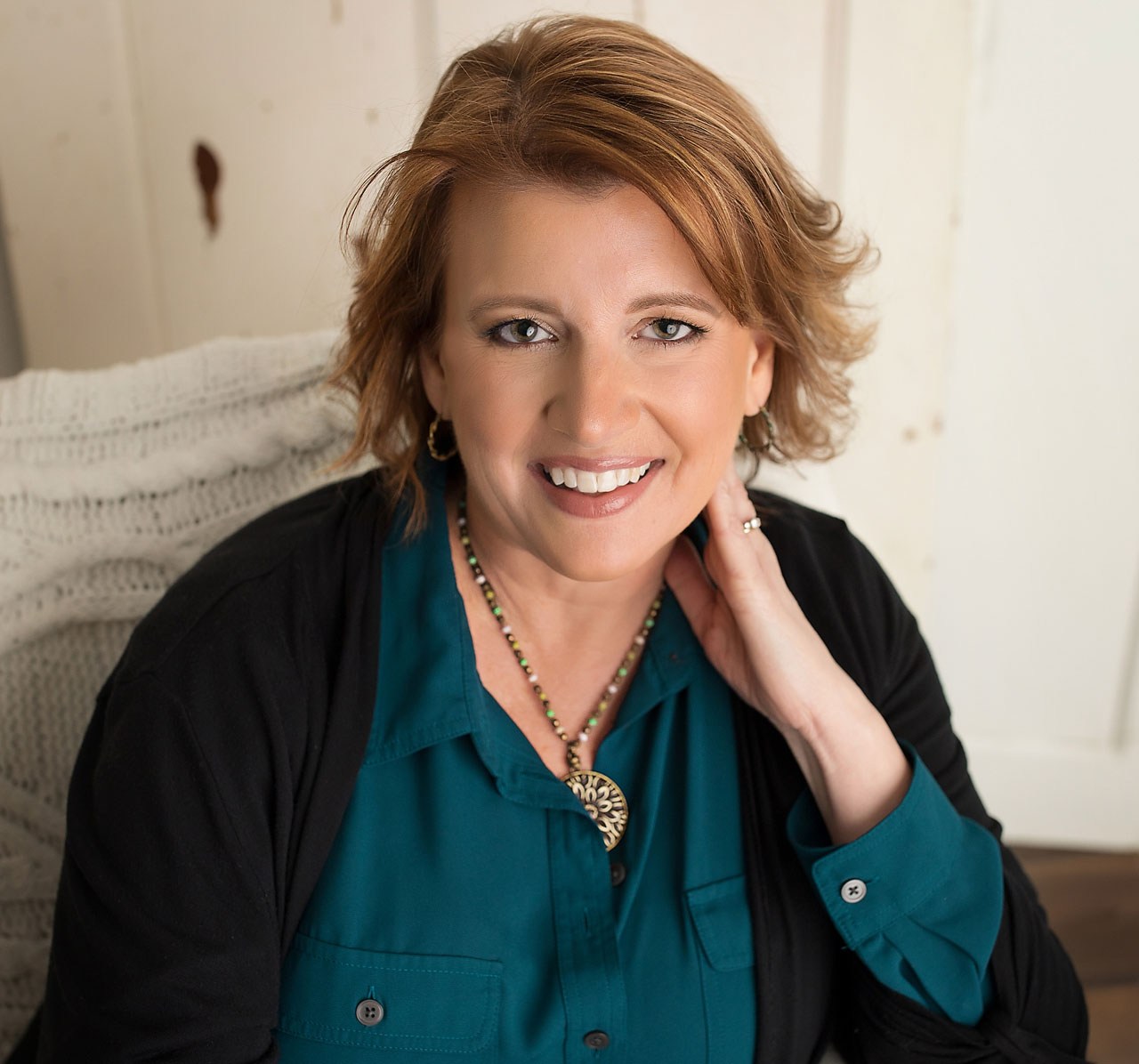I launched my professional life in the operating room. I was drawn to the controlled chaos that came with being on call. I quickly became addicted to the adrenalin rush of the uncertainty. No knowing what would be coming up from the emergency room and being part of a team hyper focused on solving the immediate problem. That addiction included the immediate gratification of feeling I had done all I could for that specific situation. However, as with all addictions, there was something missing. An unrecognized need that was still unfilled.
I attempted to fill the void first with education. I became a certified paralegal. As a newlywed, it was financially impractical to switch careers. So, I continued on the nursing path. As my children came along I transitioned into an office nurse and taught medical assisting courses, with a smattering of nursing home shifts thrown in. I came remarkably close to fulfilling my call to serve, the void I felt when providing direct patient care. I became the educational supervisor for a medical assisting program. I was managing a staff of 6, coordinating externships, writing curriculum and teaching. This position ticked all the boxes. I felt fulfilled.
Again, the practicalities of life presented themselves. My son is on the autistic spectrum and was experiencing his own obstacles. To be more present for him I became a school nurse. I found the aspects of wellness, prevention, and community health rewarding. I was able to expand the services of my office while exploring other interests. I worked as the production manager for our school theater and became enthralled with the learning that would unfold because of the student’s engagement in theatre. This experience compelled me to pursue a Master of Arts in Liberal Studies focusing on Theatre Education.
Life then took another turn. I found myself in an ethical dilemma involving a colleague. I followed my conscience and lost the relationship. The environment at work quickly turned toxic. A close friend recommended I read David Emerald’s book “The Power of TED*.” It changed my life. David’s simple parable provides guidance, a type of scaffolding, for finding growth in life’s difficulties. As I read the book and the subsequent workbook I was able to recognize and take responsibility for my role in the situation. I came to the realization that although the decision was sound, I had made a series of choices that led to my involvement in the experience.
As I embraced the principle set forth in David Emerald’s work, my personal and professional life improved. That is not to say stress was eliminated. Rather, a transformation occurred. I was able to move through the drama, albeit sometimes slowly, with the ability to adjust my perception. Ultimately leading to a discovery of the gifts the drama provides. The gift I received from the ethical dilemma was a stronger understanding of boundaries and a position as a faculty member in the Nursing Department at the University of Hartford.
I realized I needed to share this knowledge. I incorporated David’s work, now branded as 3 Vital Questions (3VQ) into my courses. The response from the nurses was overwhelmingly positive. They regaled stories of improved relationships with clients, colleagues, and family members. I became a certified trainer and developed mini workshops based on each of the 3VQ’s and shared with student and professional groups.
I finally realized how to fill the void. How I needed to answer the call. By sharing this knowledge to all who are interested.
